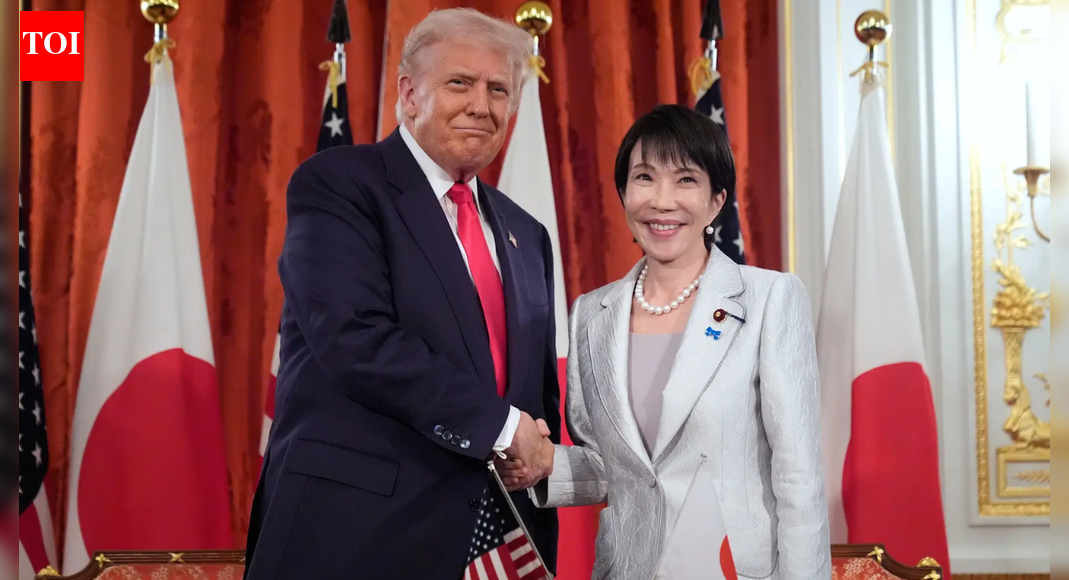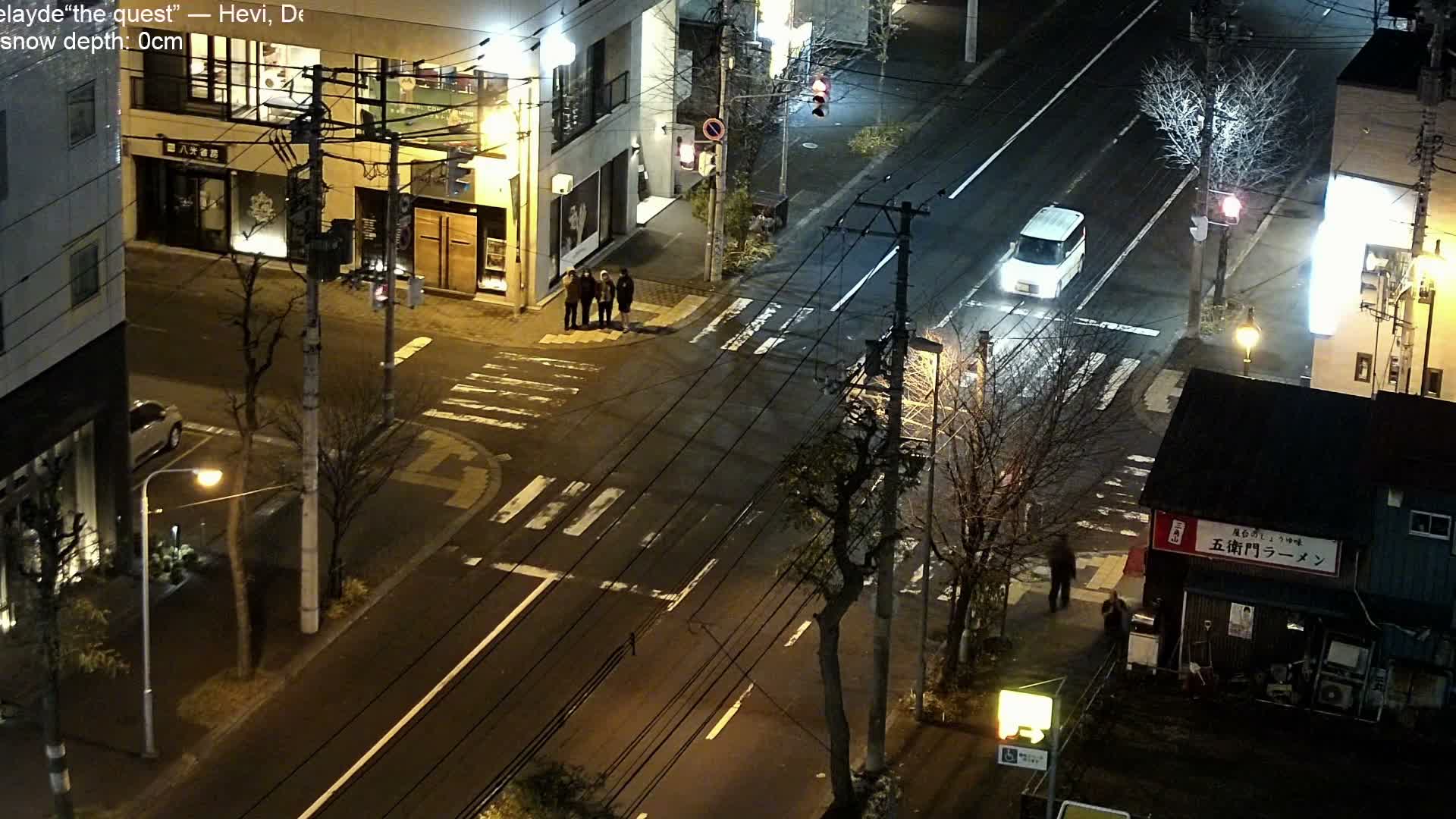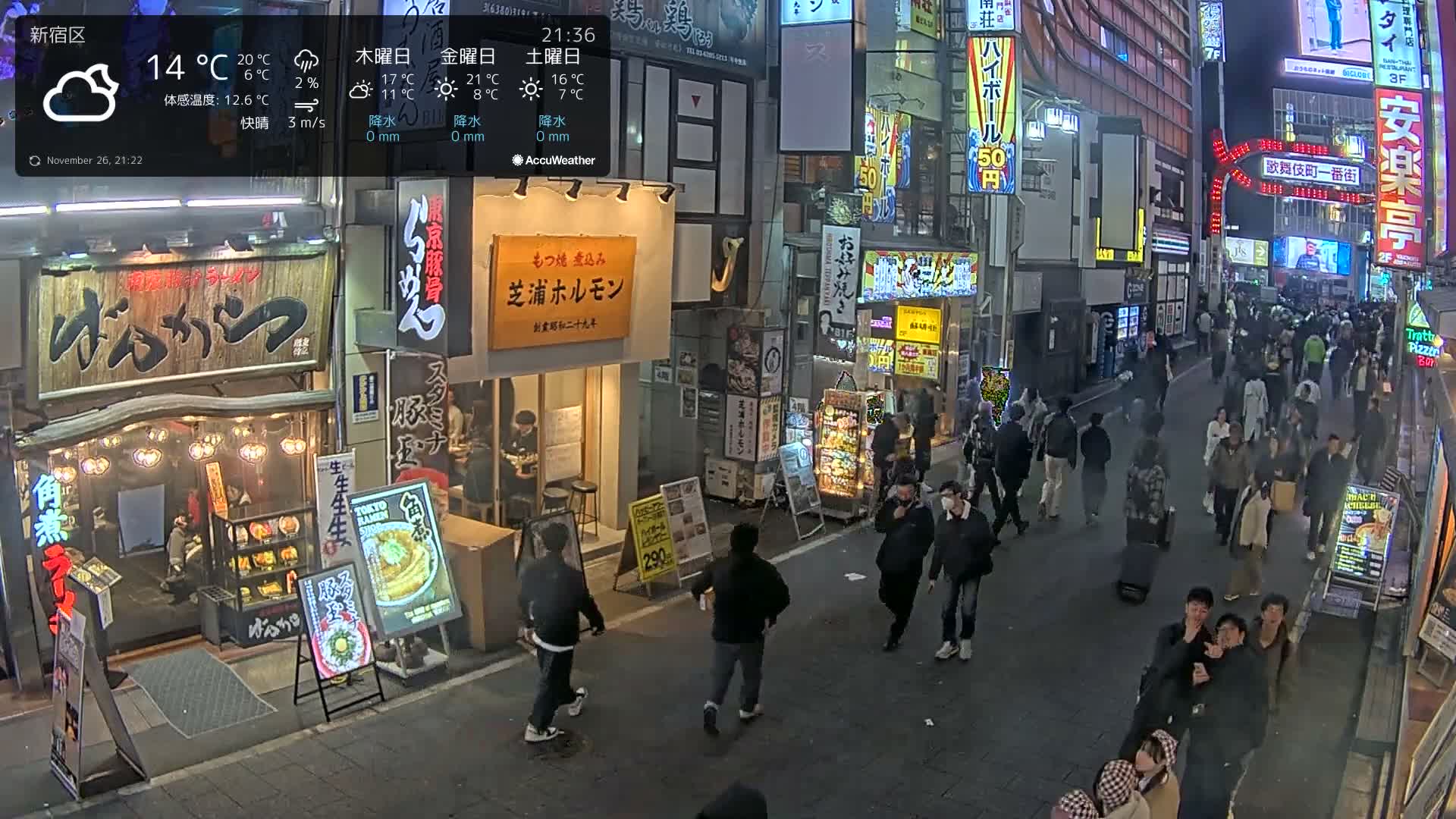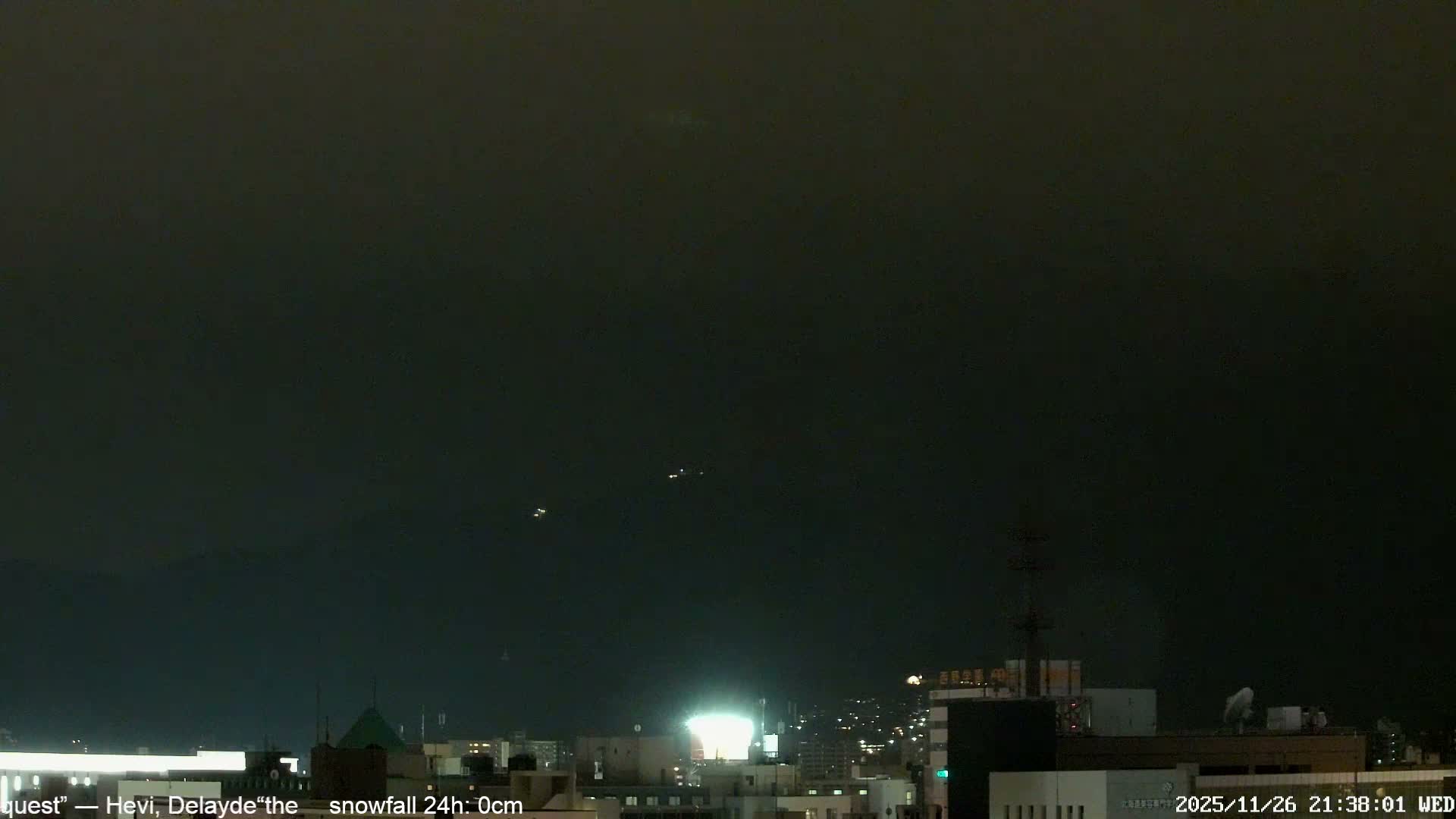Japan-China Tensions Escalate Over Taiwan: PM Takaichi Speaks with Trump Amid Beijing's Strong Warnings
 Japan
International Relations
Japan
International Relations

Japan's PM Takaichi discussed US-China relations and regional security with Donald Trump after her Taiwan comments sparked fury from Beijing, which warned of re
Japan's Assertive Stance on Taiwan Ignites China's Fury Amid High-Stakes Diplomacy
Recent comments by Japan's Prime Minister Sanae Takaichi, describing a potential Chinese attack on Taiwan as an "existential threat" for Japan, have triggered a significant diplomatic rift with Beijing. This escalation unfolds against a backdrop of critical high-level communications, including a direct phone call between PM Takaichi and former US President Donald Trump, and a separate conversation involving Trump and Chinese President Xi Jinping.
Takaichi's Diplomatic Outreach and Resolute Taiwan Remarks
Sanae Takaichi, who recently assumed leadership of Japan's ruling Liberal Democratic Party, revealed that former President Trump initiated their phone call. During their discussion, Trump reportedly offered insights into the current state of US-China relations, while Takaichi emphasized strengthening the crucial Japan-US alliance and addressing pressing security challenges across the Indo-Pacific region. She also noted Trump's personal assurance of their close friendship, extending an open invitation for her to call him at any time.
Her assertive posture on Taiwan, initially articulated in parliament, suggests that a Chinese military intervention against the self-governing island could potentially warrant a response from Japan’s Self-Defense Forces. Takaichi further solidified this position in a major foreign policy address, unequivocally stating that any Chinese attempt to blockade or seize Taiwan would constitute a "direct threat" to Japan's national security, implicitly invoking the existing mutual defense treaty with the United States.
China's Swift and Vehement Retaliation
Beijing's reaction to Takaichi's remarks has been both immediate and severe. Chinese Foreign Minister Wang Yi publicly condemned her statements, accusing her of sending a "shocking wrong signal" and crossing a "red line." Diplomatic actions escalated quickly, with China's embassy in Tokyo summoning Japan's ambassador. Concurrently, the People's Liberation Army (PLA) issued a stark warning of a "crushing defeat" for Japan should it intervene in a potential Taiwan conflict.
Beyond strong verbal condemnations, China has also signaled economic retaliation. Measures include blocking Japanese seafood imports, canceling planned joint cultural events, and issuing advisories cautioning its citizens against travel to Japan.
Trump's Dual Engagements and Beijing's Strategic Play
These mounting tensions also framed a 45-minute phone call between Chinese President Xi Jinping and Donald Trump. According to China's Xinhua news agency, President Xi reiterated China's long-standing claim over Taiwan, emphasizing its "return to China." This marked their first direct communication since their meeting in South Korea in late October. Notably, Trump's public statements following this significant call conspicuously omitted any mention of Taiwan, choosing instead to focus on the progress of the US-China trade truce.
Analysts interpret Beijing's direct engagement with Washington as a calculated strategic maneuver to influence Japan's position. Rorry Daniels of the Asia Society Policy Institute suggests that Xi's "direct appeal" to Trump underscores China's preference for the United States to address its disagreements with US allies. This strategy, it is believed, aims for American diplomacy to achieve a "softening or 'correction'" of Japan's assertive posture on Taiwan, a goal that Chinese rhetoric alone has, thus far, been unable to accomplish.




